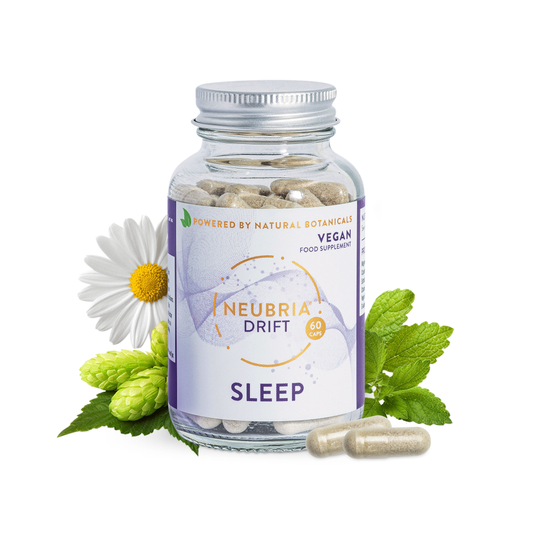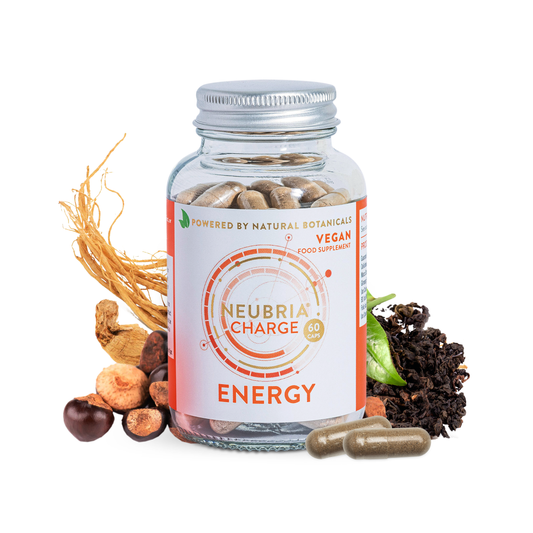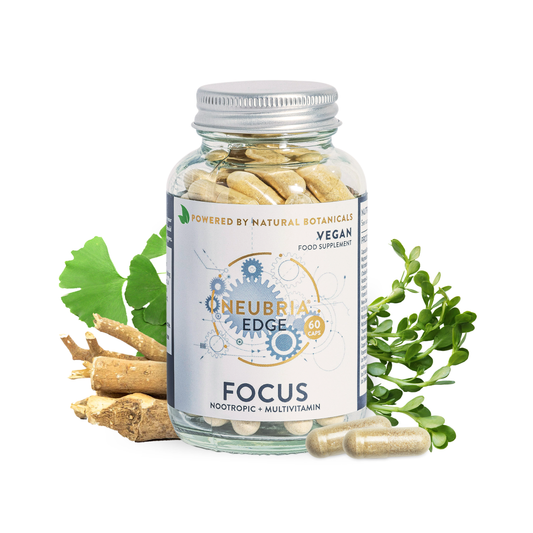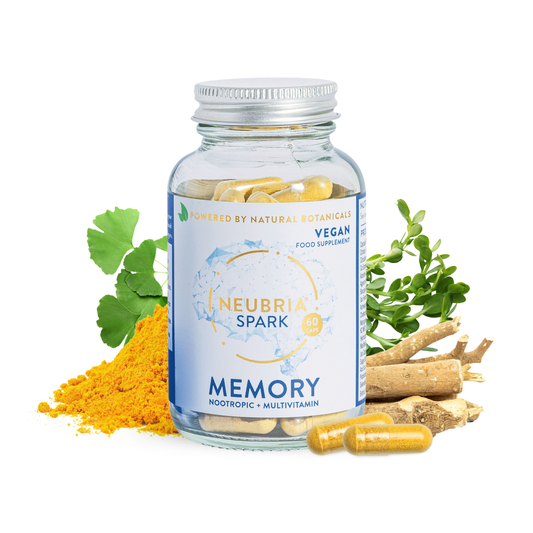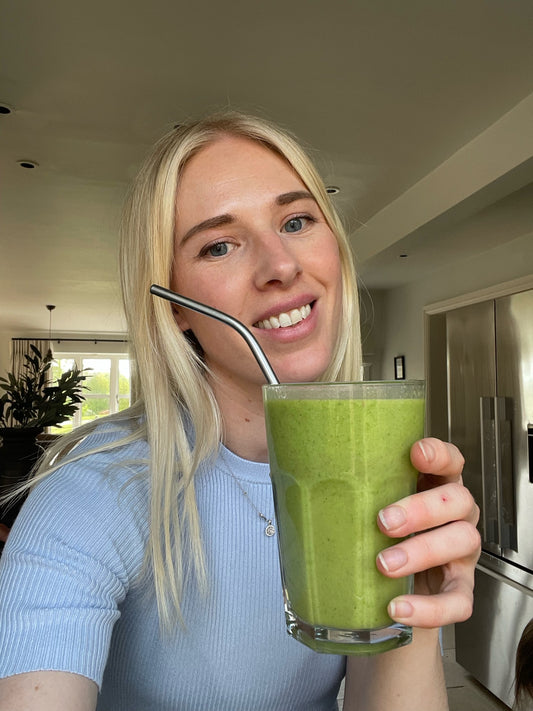Drift has become my go to daily supplement, my sleep has been calmer and peaceful since I started a few weeks ago. Highly recommend!
This is now a staple in my house and I would highly recommend for anyone but especially females!
Kids loved these they said they were just like eating a jelly sweet so I know they will want to take one everyday!
My girls remind me to give them their vitamins in the morning. They smell and taste amazing!
My son loves the taste. He rejected many gum vitamins until we tried yours. Excellent customer service, too.
Recently started using this supplement and I am impressed. It does exactly what it’s say it does. Will continue to recommend this fantastic product. Can’t imagine life without it.













